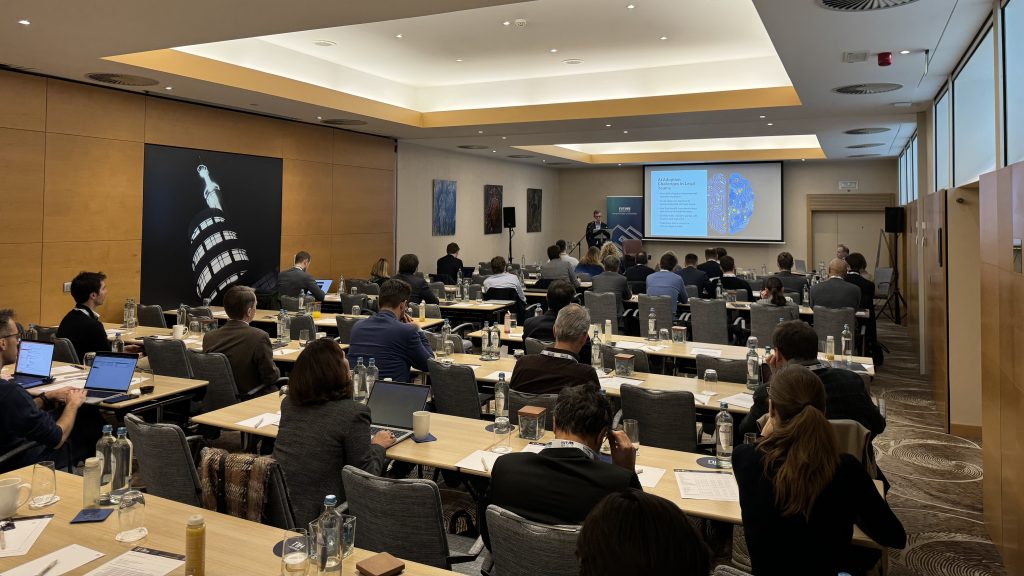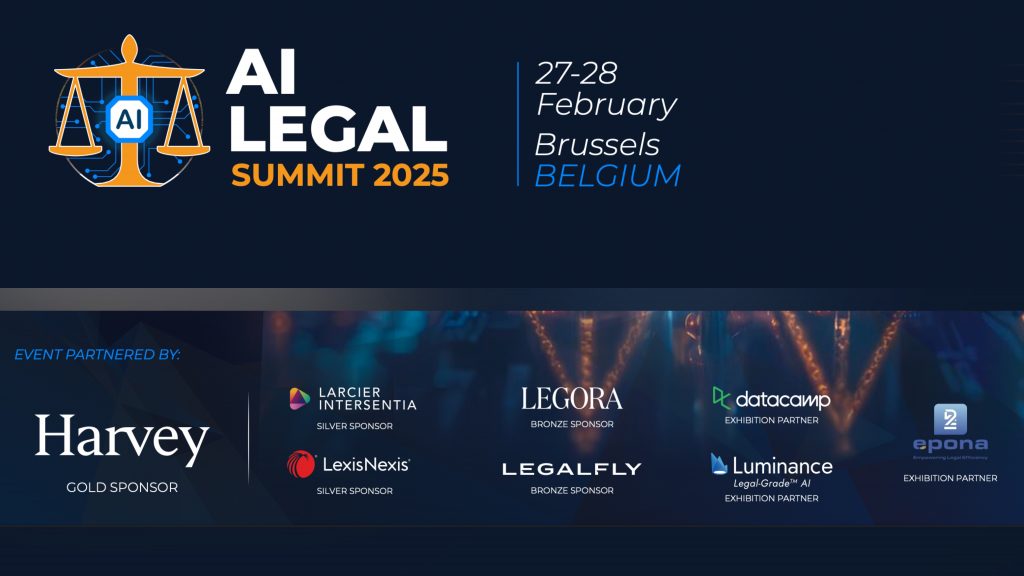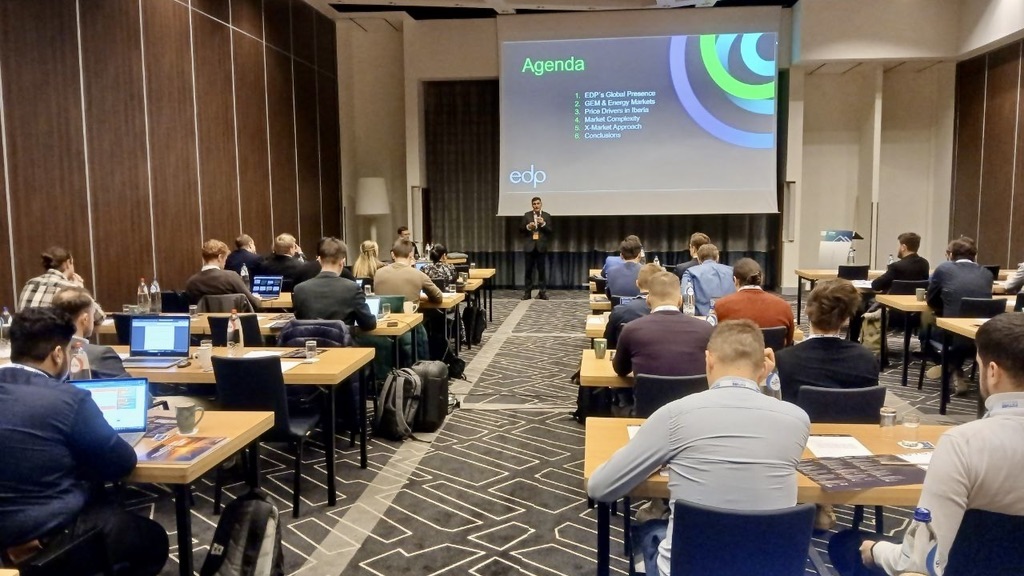LNG in EU 2025: Strategic Backbone or Climate Risk?

LNG in EU policy has shifted from a fix to a structural backbone. In just two years, LNG in EU terminals has transformed supply routes, diversified partners, and cut dependency on Russian flows—yet this rapid pivot brings a deeper question. Can a fossil-based system built in urgency now be repurposed to align with Europe’s binding 2030 climate targets? While leaders celebrate resilience, emissions watchdogs warn of a quiet regression. This article unpacks how LNG’s growing role tests the limits of climate credibility across infrastructure design, lifecycle emissions, financing logic, and governance blind spots.
Subsidized Sustainable Aviation Fuel: Europe’s €6/L Market Boost Explained

Sustainable Aviation Fuel (SAF) provides considerable carbon reductions. The lifecycle emissions are reduced by up to 80% compared to traditional fossil jet fuel. However, it is too expensive for wide-scale use. The solution to this issue is that the EU is subsidizing SAF by around €6 per liter for e-fuels & €0.5 per liter for biofuels. With airlines, investors, and refiners adjusting their policies, this is a significant market realignment. The article examines the design of the subsidized sustainable aviation fuel, its real impact, and its wider implications for climate policy and decarbonization of aviation.
Carbon Removal Certification Framework for Businesses

Carbon removal technologies are credibility-challenged due to variations in verification standards across global markets. Organisations do not have appropriate tools for identifying credible approaches and avoiding greenwashing danger. Lack of convergent certification systems makes it challenging for organisations that intend to seriously invest in carbon removal procedures. Clarity on application methods and quality evaluation, as well as verification processes, is an essential aspect to facilitate making informed decisions. Strong deployment of the carbon removal certification framework instills confidence among stakeholders, and this allows growth in climate action at scale. This article explores the standards for verification, examines various program designs, and discusses how to include businesses in carbon removal certification systems.
Green Artificial Intelligence: Balancing Innovation with Energy Efficiency

The digital revolution driven by AI is the most promising tech frontier for humanity. Nevertheless, this staggering computation comes at an incredible cost of energy. This cannot be ignored in our eco-conscious era. Behind every AI breakthrough is a chain of power-guzzling data centers. It underscores the environmental paradox of digital solutions. Moreover, the increasing awareness of the energy footprint of AI has led researchers, business leaders, and policymakers to rethink how these systems could be developed more responsibly. Green artificial intelligence is introduced as a paradigm to address this problem. It fundamentally transforms how we design, train, and deploy artificial intelligence systems. This article talks about the environmental effects of AI development, creative solutions towards computing that’s energy-efficient, and best practices that will define the future of responsible AI.
AI Legal Summit 2025: A Detailed Recap

AI continues to transform various industries and the legal profession is no exception. The AI Legal Summit 2025 engaged the present need for legal specialists to incorporate innovation while handling complex regulatory areas. AI continually demonstrates a growing impact on legal services that involve research practices as well as the management of contracts and compliance functions. So, legal firms and corporate legal departments must stay ahead of the curve. The summit provided just that with legal experts, technologists, and policymakers exploring AI’s potential, challenges, and future applications. This article goes through an in-depth recap of the summit looking at its sessions and sponsors.
How Does Legal AI Simplify ESG Compliance and Reporting?

Sustainability and corporate social responsibility are crucial elements today for an organization. This has led to ESG compliance coming into the limelight of business agendas. Nevertheless, keeping up with changing regulations and providing accurate disclosure/ transparency can be a challenge. Businesses need efficient ways of managing ESG requirements without overloading legal and compliance teams. Legal AI solutions are emerging as a game-changer by offering new channels for streamlining complex processes. With companies making the shift to evolving expectations, technology uptake is made compulsory for assuring compliance, reducing risk, and optimizing operating effectiveness. This article explores how legal AI can make ESG compliance and reporting easier.
How to Future-Proof Your Legal Profession in the AI Era?

Adaptability has always been necessary for legal practitioners, but the quick changes in the legal industry are presenting new challenges. Since they must deal with evolving industry norms, technological advancements, and shifting client decision considerations, legal experts cannot depend exclusively on conventional skills. Success in the increasingly dynamic legal profession depends on both proactive skill development and accurate change prediction. To be effective, professionals must continuously improve their professional skills in areas including strategic thinking, technology know-how like AI in legal industry, and managing regulatory compliance. The article gives necessary strategies that will ensure resistance against future changes in legal professional fields. Such training helps experts weather new professional obstacles which are common in the continuously altered legal environment.
Event Partners: AI Legal Summit 2025

The AI Legal Summit 2025 on 27 & 28 February in Brussels, Belgium, promises to be revolutionary. The event helps legal professionals navigate the integration of law and AI. With the continuing evolution of AI in the legal world, the summit offers a unique platform in which industry professionals, legal experts, and visionaries come together to discuss new opportunities, best practices, and technological advances. The event is crafted in a way to promote collaboration and learning. This is in areas like AI applications for contract management, legal cases, & compliance with regulations. A key feature of the summit remains its impressive lineup of sponsors who enable the summit. This article examines the partners of the AI Legal Summit 2025, detailing their contributions/roles in shaping this important gathering.
Cybersecurity Risks in Legal AI Applications

AI is changing the way business operates worldwide, and that includes the legal profession. Legal experts adopt AI for contract review, research, and compliance activities. Despite the revolutionary advantages, the use of AI brings with it intricate cybersecurity risks. With large volumes of sensitive information, legal AI systems are attractive targets for cyberattacks, breaches, and manipulations. Solving these issues demands a thorough knowledge of possible threats, efficient mitigation measures, and compliance with ethical practices. This article discusses major cybersecurity threats in legal AI applications and leads the way on how to secure these technologies without redundancy.
6th Power Price Forecasting Summit: Detailed Recap

The 6th Power Price Forecasting Summit in Amsterdam, Netherlands on January 15 – 16, 2025 brought together industry experts and decision-makers. They addressed the issues related to power price forecasting. In addition, given the pace of change in the energy industry caused by the emergence of renewable energy generation, geopolitical instabilities, and changing regulatory environments, the summit provided the necessary forum for the sharing of knowledge and collaboration. This article gives a comprehensive account of the sessions and sponsors that contributed to this event becoming a pillar in the development of power price forecasting strategies.